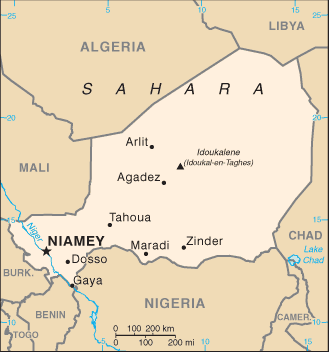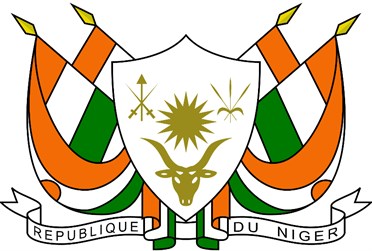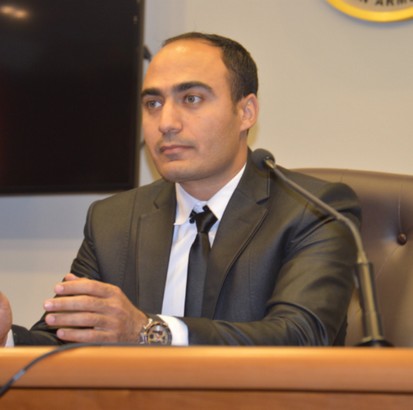Translation and Localization for Africa: Republic of Niger
The Republic of Niger is a country in Western Africa, bordered by Libya, Algeria, Nigeria, Benin, Burkina Faso, Mali and Chad. Niger is part of the wide Sahara desert and gets its name from the Niger River, which is the third longest river in Africa, after the Nile and the Congo.
In this blog, I will cover some brief, but important facts for anyone planning to travel or do business in this region of Africa.

Nigerien Demographics
- The capital city is Niamey.
- Total population is just over 18 million (2016).
- The official religion is Islam (99%), other religions include, Christianity and paganism.
- The government is a unitary semi-presidential republic.
- Niger’s currency is the West African CFA franc (XOF).
Nigerien Languages
- The official language is French, but most people speak their local languages, especially Hausa, spoken by more than 85% of Nigeriens.
- Other commonly used local languages include: Jerma, Kanuri, Altmachik, Alfolfoldy, Altobo, Aljormancy, Arabic, etc.
- Some of these languages originated from ethnic populations, including Jerma, which comes from the Jermas and is spoken by populations around the Niger River, Hausa from the Hausa tribes and is a written language and Kanuri from the Kanuris.
- The Arabic alphabet it is frequently used among Nigeriens, as it is the language of Islam.
- All of these languages are considered local national languages, but French is the official language. French was the language of the old colonial power, and in 1991, the National Congress rejected a proposal to approve Arabic as the official language.
Nigerien Culture

Niger’s culture was greatly affected by French colonialism in the early twentieth century, which resulted in the integration of many cultures. It is well-known that Niger is a combination of four different cultures representing the different groups who inhabited this country before the arrival of the French.
- The Alzerma (Alsngaa) tribes
- The Hausa tribes
- The Kanuri farmers
- The nomadic tribes of Tuarek
Future and Tips for Investment
Niger has some potentially profitable opportunities for investment. However, it’s important to recognize the lack of supportive infrastructure. Therefore, when it comes to large investments, some of the best options include:
Investment in Mining
The bottom layer of Niger is rich with mineral resources. It contains huge and important reserves of uranium, iron, phosphate, coal, gold, limestone, gypsum, etc.
Investment in the Oil Sector
Niger’s oil potential exists in two great underground basins, which contain oil and gas, covering 90% of the country. It is worth mentioning that the estimated oil reserves in Niger may be more than 700 million tons.
Investment in the Financial Sector
The banking sector in Niger consists of only ten commercial banks, one agrarian bank and four insurance companies. Therefore, the government provides assistance to establish commercial banks and insurance organizations of all kinds to facilitate transactions with British and U.S. investors.
